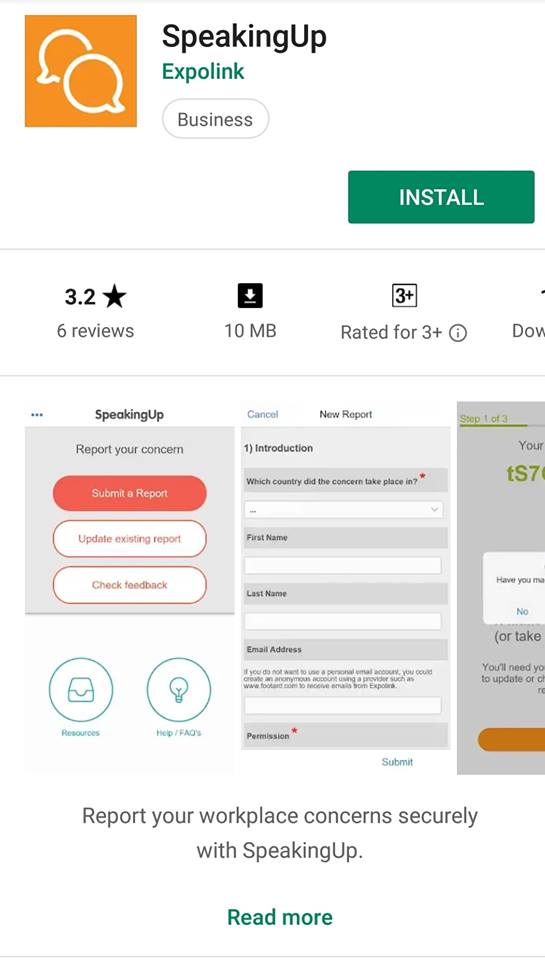


Patronising and teasing others have been identified as sanctionable offences under a new States policy aiming to clamp down on bullying and harassment.
The launch of the new policy follows the publication of a report from HR Lounge Ltd, which unveiled a “high level” of secret bullying within the States last year.
The £22,000 review into cases of alleged bullying and harassment within all areas of the government and how they had been dealt with by officials was meant to remain confidential, but was released into the public domain for the first time in June 2018 following an Express Freedom of Information (FOI) request.
Over a six-month period, the external consultancy undertook a study of all bullying cases in the previous two years and concluded that the States suffered from a “significant” bullying and harassment problem that needed to be urgently rectified because the States should be leading by example.

Pictured: A £22,000 review into cases of alleged bullying and harassment identified a number of key issues.
In response to the report, the States launched their new bullying and harassment policy last week, along with whistleblowing policy and an independent reporting telephone line. The Speak-up Line, provided by Expolink, will be open 24/7 to make it easy for employees to raise concerns or report incidents of bullying or harassment.
The new policy encourages employees to speak out when they witness inappropriate activity, including concerns about patient safety, financial practice or other issues.
It lists a number of examples of bullying and harassment. Those include inappropriate comments about someone’s appearance, personal preferences or choices, insults or offensive comments and jokes, as well as sexual advances, including over email or messages.
Other practises are also listed such as singling one person out or treating them differently to other colleagues, refusing to acknowledge someone’s contributions and achievements, and taking credit for, or plagiarising, work.

Pictured: States employees can now 24/7 and anonymously raise concerns or report incidents of bullying or harassment via the Speak-up Line.
While the policy allows “legitimate and constructive feedback," constant criticism of competent staff will not be tolerated. Likewise, while setting realistic deadlines and workload does not qualify as bullying and harassment, overloading an employee with work, or setting impossible deadlines to set them up to fail, does.
Removing responsibilities from employees or giving them trivial tasks could also lead to concerns being raised.
If an employee's promotions have been unfairly blocked, or if they have been regularly and deliberately ignored or excluded from work activities, they could also make a complaint.
Although the list is not exhaustive, it also mentions “belittling, demeaning, teasing, patronising, shouting or threatening,” whether in private, or in front of others, as an example of bullying.

Pictured: The new policy cites overloading an employee with work and setting impossible deadlines to set them up for fail as examples of bullying.
The policy states that bullying or harassment can take place “face-to-face, behind your back, by telephone, email, text, social media or any other form of communication” and is less about someone’s intentions, but more about how their behaviour is received.
The new bullying and harassment policy also outlines clear responsibilities for managers, including an early process to resolve cases informally where possible, and appropriate. To guarantee a quick and impartial resolution where possible, internal mediators and investigators will be available.
The Chief Minister, who chairs the States Employment Board, Senator John Le Fondré, said: “We are totally committed to the launch of these initiatives, which demonstrate a positive commitment to the way the States of Jersey will deal with concerns raised by employees.
"It indicates our unwavering commitment to the prevention of bullying in the workplace and strongly encourages acceptable values and behaviours in the workforce. We believe this will have a positive impact on the working lives of our employees, who deserve to work in a respectful environment.”

Pictured: The Chief Minister, Senator John Le Fondré and the States Chief Executive, Charlie Parker, said the States are committed to the prevention of bullying in the workplace.
Charlie Parker, the States Chief Executive, said the government takes its responsibility as an employer seriously, and will not tolerate bullying in the workplace. “We know that it is damaging to individuals and the health and welfare of employees is our primary concern, and it can also have a knock-on negative effect on services.
“We know that we need to improve how we manage cases of bullying and we are addressing this with a robust new policy and processes, as well as clear information for line managers across the organisation.”
Comments
Comments on this story express the views of the commentator only, not Bailiwick Publishing. We are unable to guarantee the accuracy of any of those comments.